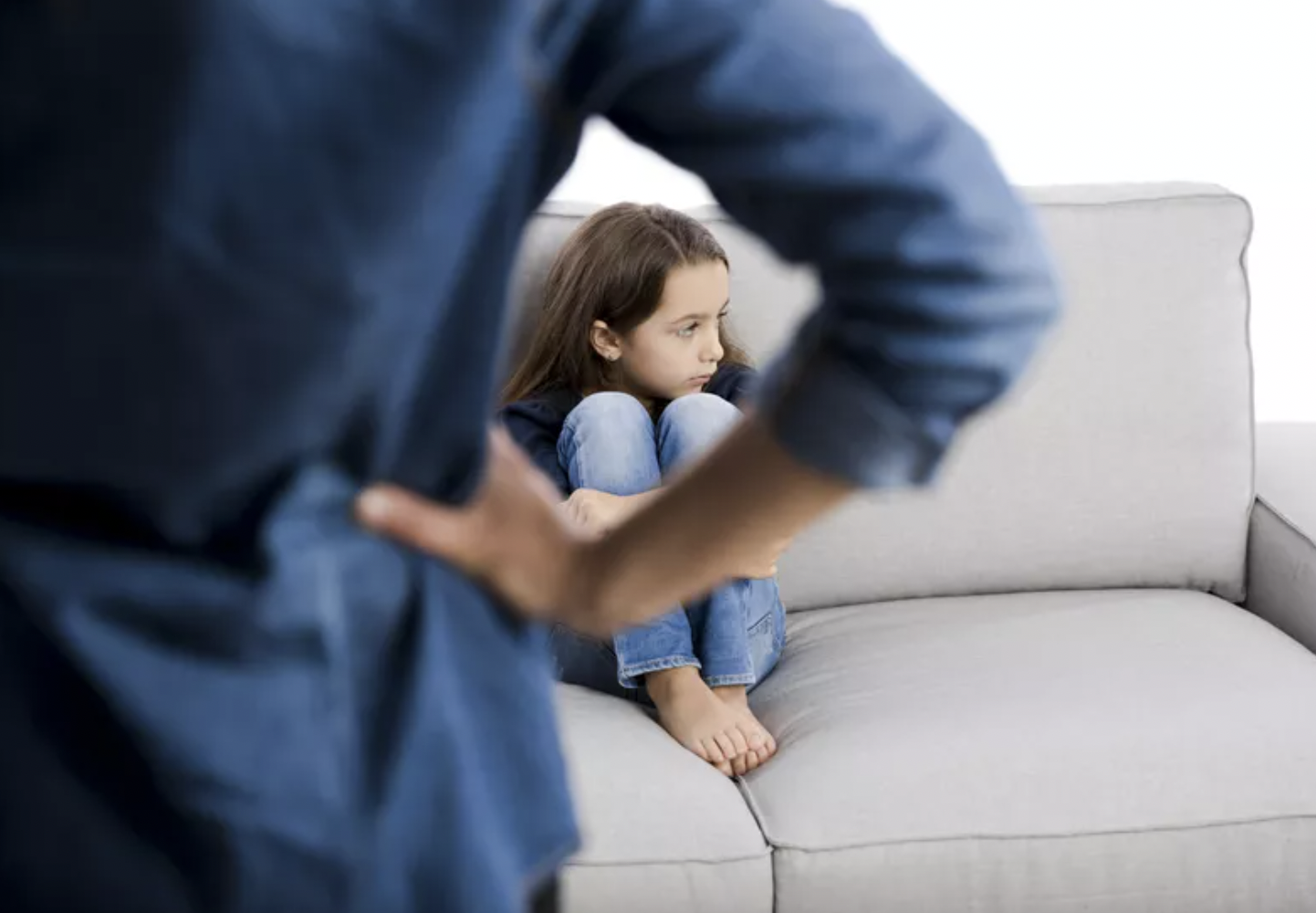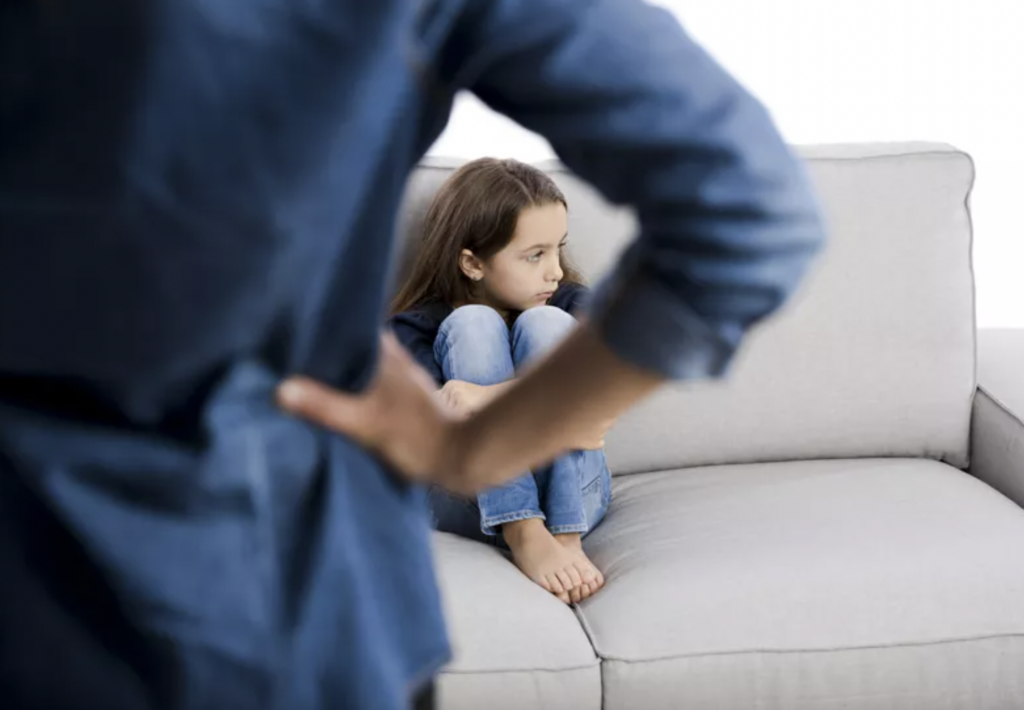Unmet Emotional Needs
What If Our Parents Were Wrong?
I love the way Robin Grille and Beth Macgregor, in their article entitled “Good” Children – at What Price? help us consider what they call the “secret costs of shame.”
Our parents and caregivers’ voices are the first we hear, and in childhood, theirs are the words that echo most strongly through our days and in our minds. Our parents show us the world and our place inside it. They witness our first steps and help us navigate the delicate mechanics of falling. They tell us who we are as best they know how to.
But what happens when what they tell us is wrong? What if you fall and, instead of offering you a hand, they chide you for losing your footing?
Many parents invalidate their children’s feelings. Some children grow up believing their accomplishments are never enough, that their emotions are bad and harmful. Some people go through life believing their parents do not love or want them.
If this sounds like you, you’re not alone. If you felt invalidated by your parents as you were growing up, we want you to know that your feelings matter, and you deserve to feel loved and supported.
Grille and Macgregor asked their large, diverse online community to describe the “signs” that they felt invalidated as children. Here are the top 25 signs those community members shared in common:
- We were told we were “too emotional.”
- We sought validation from others.
- We never allow ourselves to be vulnerable as an adult.
- We weren’t told we were loved.
- We apologized for everything, even if it wasn’t our fault.
- We felt invisible.
- We were told our feelings were wrong.
- Our career dreams were made fun of.
- Our parents missed basic details.
- We were told we were selfish.
- We’re now perfectionists.
- Our parents didn’t want to hear about our problems.
- We self-sabotage as adults.
- We never heard a genuine apology.
- We now struggle to get in touch with our true feelings.
- We were told our struggles were “all in our head.”
- We thought love had to be earned.
- We second-guess yourself all the time as an adult.
- We sought affection from strangers.
- We feel the need to justify ourselves to others as an adult.
- We were made to feel unwanted.
- Our family members played favorites.
- We were constantly put down, teased, or criticized.
- Our parents didn’t show up for us.
- We’re uncomfortable with the kindness of others as adults.
If your emotional needs weren’t well met when you were a child, you’re not alone and it wasn’t your fault. You deserve to feel supported by the people closest to you. If reading this has been hard for you, please commit to take care of yourself and remember that your feelings do matter. No matter how dark or painful your past, there truly is hope. His name is Jesus. My sincere prayer for you is that this book will lead you on a wonderful journey from the brokenness of your past to wholeness in Christ for your future!
 A Family Culture of Shame
A Family Culture of Shame
There is a significant difference between not aware and not responsible. Many adults whom I talk to about them perpetuating generational shame assert that there is no way they could know they had shamed their child in these ways because they did “the best they could.” Really? By simply duplicating their shame-based childhood pain into their own children – whether unknowingly or intentionally – they considered that the best they could do? The pain in their own lives should have been proof enough that something needed to be radically changed.
What the parents are implying is that they cannot be responsible to provide their child something their own childhood did not provide them. I won’t argue that this makes reasonable, logical sense. How can a person give away something they don’t possess? But I believe God sees it differently.
You and I always have a choice. Whether we were raised in church or in the bars; whether we had two parents, one parent, no parents, foster parents, adopted parents, or grandparents… as adults, we still have the choice to either impose our pain onto others, or find a way to do better – no matter what it takes!
If we fail to parent our children from the foundation of the love and grace of Jesus, and the truths of God’s word, then we are guilty of perpetuating generational shame for three to four generations. Our grandparents represent the first generation, our parents would be the second generation, we are the third, and our children are the fourth. The passage in Deuteronomy clearly states that God will “lay the sins of the parents upon their children; the entire family is affected–even children in the third and fourth generations.” And if you’re reading this book, there is a pretty good chance that you’re one of those four.
———-
Soul health and spiritual maturity cannot be separated. Our counselors are ordained Christian ministers as well as certified and licensed Christian counselors. We are able to help you experience freedom from shame, anxiety, depression, or marriage / relationship conflict with methods that are purely Christ-centered. Please click on this link to learn much more about how our DEPRESSION COUNSELING can help you become a more authentic follower of Christ, and help you find freedom from identity dependence.
Life Training offers convenient sessions at our office in Louisville, Kentucky, as well as online counseling via Zoom or FaceTime. Our non-profit counseling practice has an outstanding track record for over a decade helping men and women, individuals and couples who are ready to move beyond anxiety, depression, and conflicts in marriage or other relationships find hope and healing in their lives. Contact us today at 502-717-5433, or by email at drdave@lifetrainingcounseling.org


 A Family Culture of Shame
A Family Culture of Shame